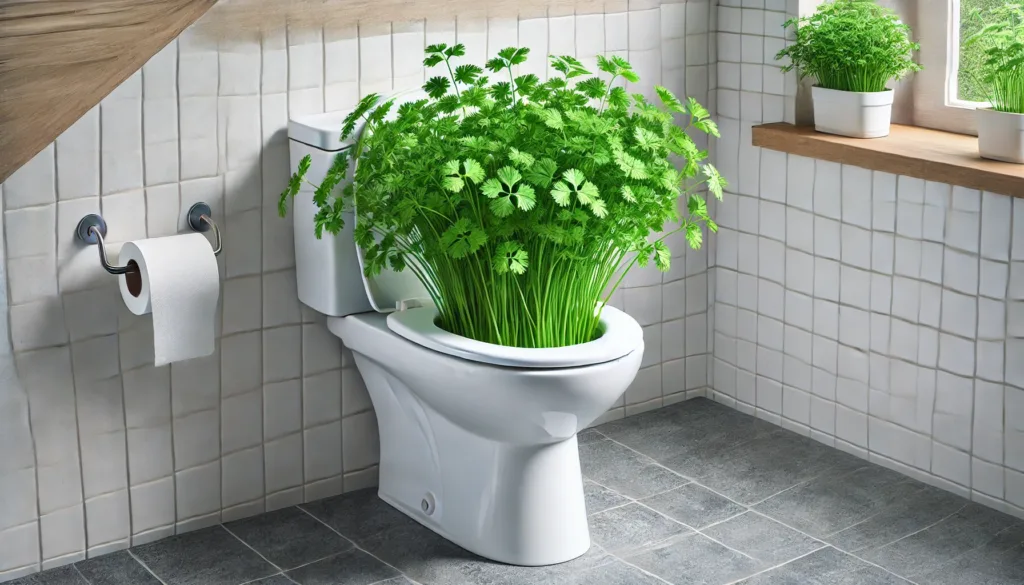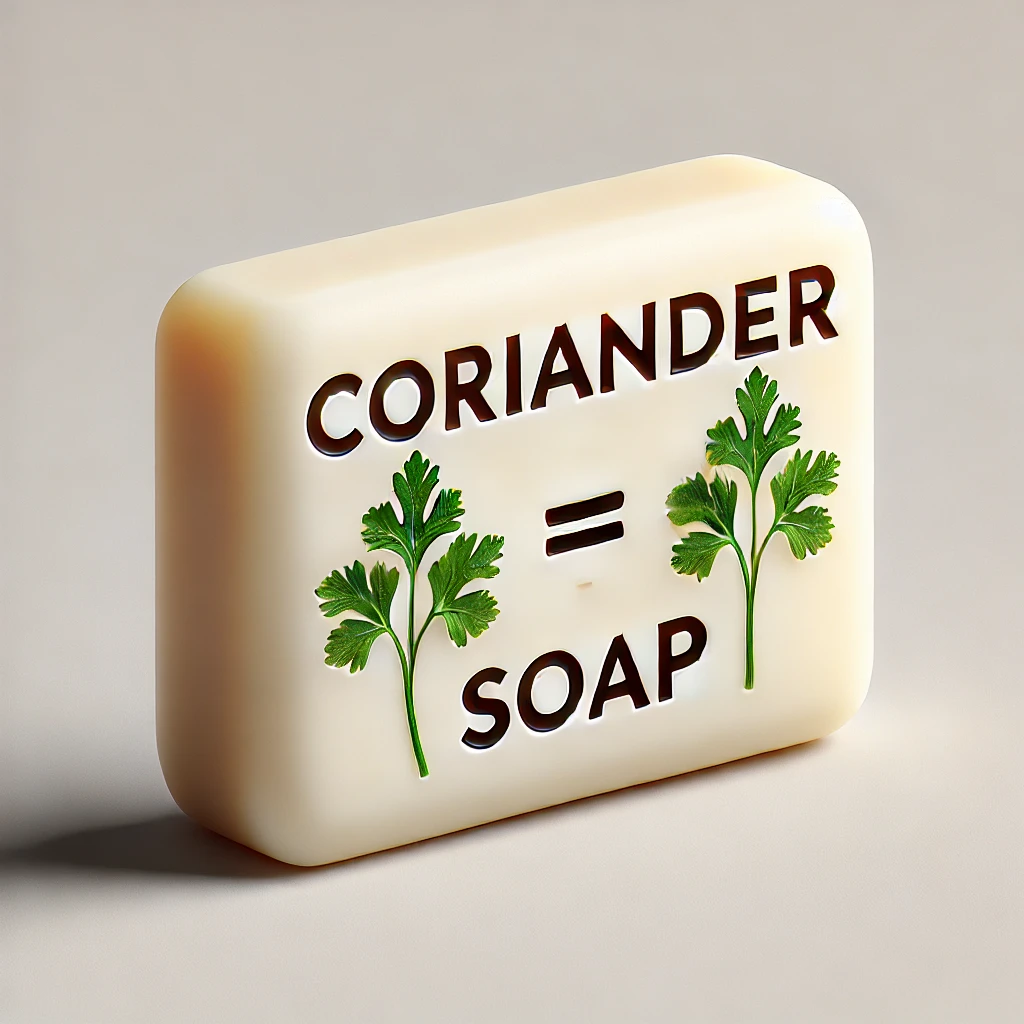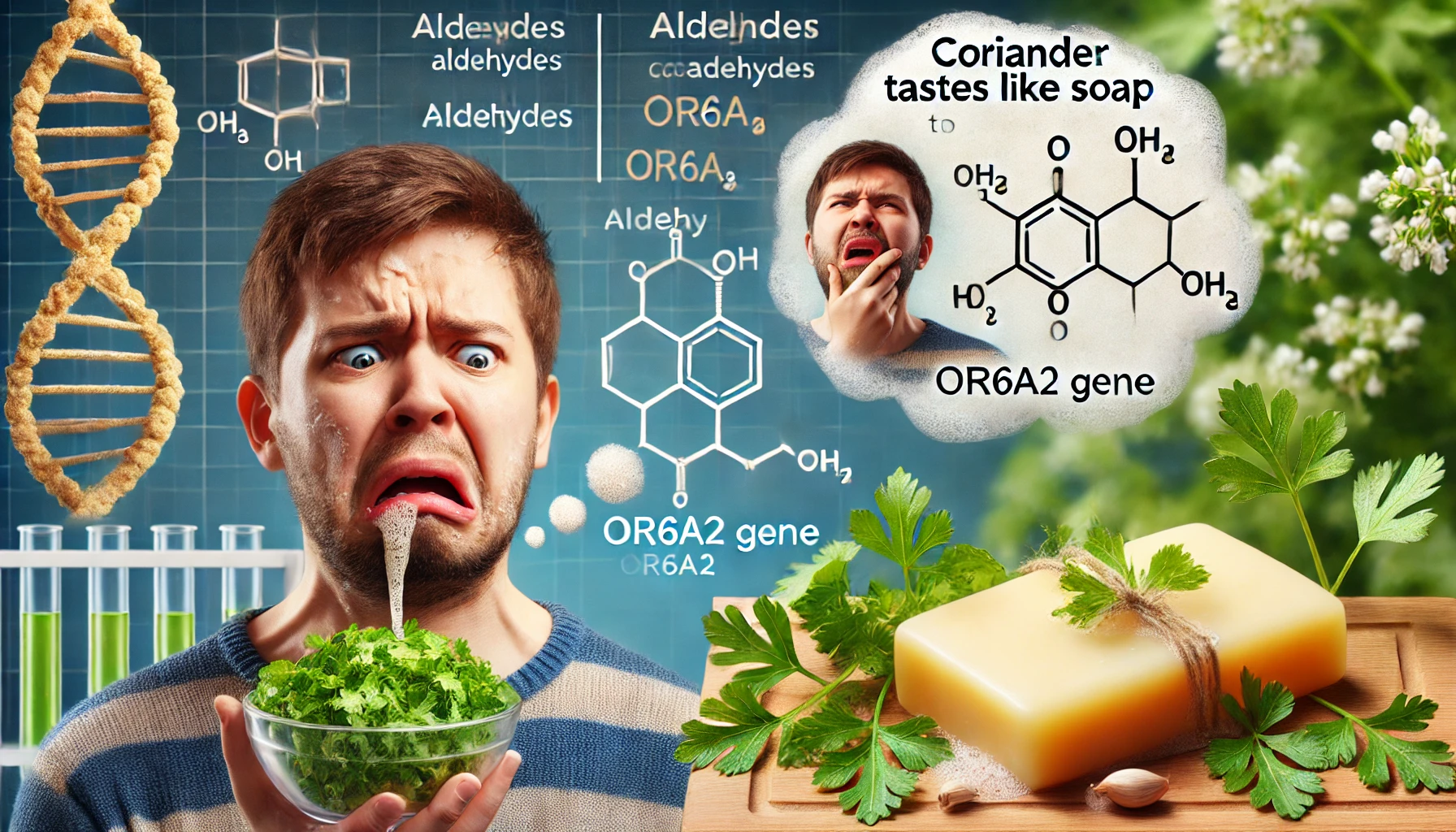Coriander, also known as cilantro, is a polarizing herb. If you find it repulsive, you’re not alone. The main reason behind this aversion is genetic. Some people have a variation in their olfactory-receptor genes, particularly the OR6A2 gene, which makes them perceive certain aldehydes in coriander leaves as having a soapy taste. These aldehydes are organic compounds that can produce strong odors, which some people find unpleasant.
Why Some People Hate Coriander

Your sense of taste and smell are highly individualized, meaning what you experience when eating coriander might differ significantly from someone else’s experience. This variability in smell receptors can make the herb taste like soap to some people. Genetic factors aren’t the only contributors, though. Cultural and childhood exposure to the herb also play a role. People who grow up in environments where coriander is commonly used might develop a tolerance or even a liking for it.
Why does coriander taste like Soap
The soapy taste some people experience when eating coriander is due to specific chemical compounds in the herb. Aldehydes, which are also found in soaps and detergents, can give coriander its distinctive taste. For those with a genetic predisposition, these compounds are particularly pronounced, making the herb taste unpleasantly soapy.

Interestingly, the perception of coriander has evolved over time. In the 1500s and 1600s, people compared the taste of coriander to bedbugs rather than soap. This shift in perception might be linked to changes in how soap is manufactured. Modern synthetic detergents have different aldehyde compositions, possibly more similar to those found in coriander, influencing contemporary tastes.

